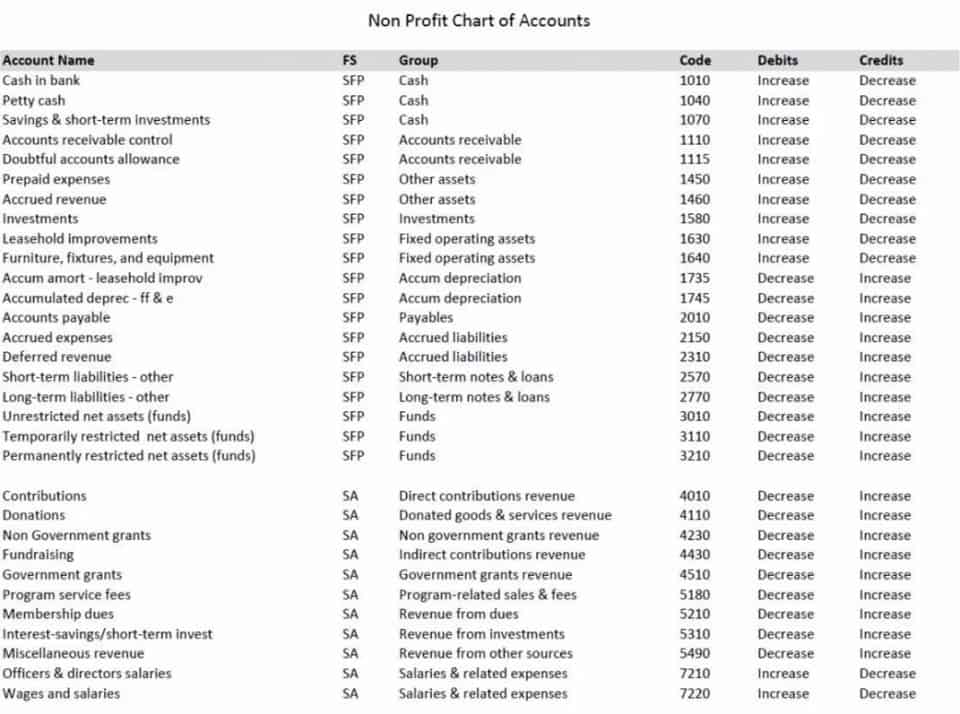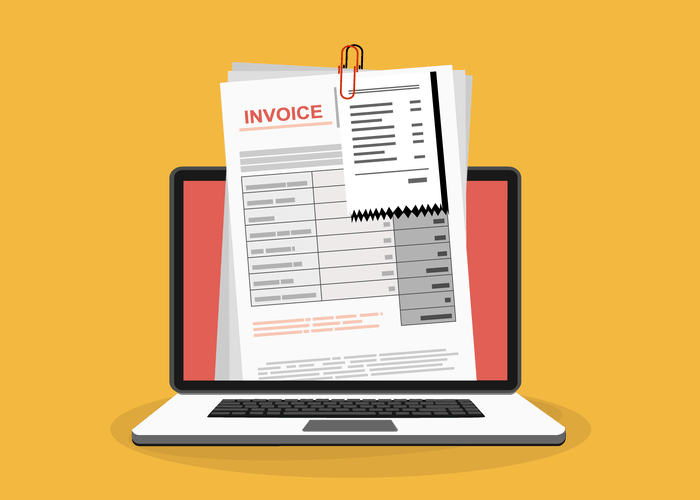
Some of the most in-demand accounting jobs are accounting manager, accounts payable specialist, accounts receivable specialist, corporate controller, senior accountant, and staff accountant. For a long-term career, accounting offers much more upward mobility and income potential. The education required to be competitive in the field is greater, but the payoff down the road can be considerably higher. As such, it’s important to know whether you need a bookkeeper or an accountant to keep track of your affairs. Depending on the city, job, and company, you can expect to earn between $64,000 and $115,000 as an accountant in 2024, with the lower salaries typical for accountants just starting out in their careers. Additionally, when working for larger firms, the benefits can be a large draw, including retirement plans, significant paid vacation days, telecommuting opportunities, and a robust health insurance package.

Credentialed Tax Expert (Remote/Seasonal)

Bookkeepers contribute to this process by maintaining precise records of all financial transactions. Their accuracy supports accountants in ensuring compliance and minimizing tax liabilities. Business bookkeeping methods are different from each other according to their size, nature, and complexity of financial activities. Thus, choosing the right method ensures accurate financial management as well as compliance with the regulations.
Required Education
Start by generating a trial balance to confirm that debits and credits align correctly. Any discrepancies at this stage indicate errors that need further review. Cleaning up accounts receivable ensures that your records accurately Bookkeeping for Painters reflect what customers owe you and helps improve cash flow.

From Hollywood Dreams to a Purpose-Driven Tax and Bookkeeping Career
It’s helpful to contribution margin understand the different roles of a bookkeeper and an accountant so you can utilize them appropriately as your business grows. Although they both have a hand in your company’s finances, their skill sets and purposes vary. As your small business grows, the financial side of running a company inevitably becomes increasingly complicated.

Accountants analyze financial data to produce detailed financial reports, helping stakeholders understand the company’s financial position and make strategic decisions. There are significant differences when it comes to bookkeeping and accounting, and it’s important to know whom to turn to for what tasks. Bookkeepers can help organize your day-to-day finances, such as your daily sales, expenses, and even payroll.

Education Requirements
- You address past errors, reconcile transactions, and categorize expenses properly.
- If you need an extra hand, you can also work with a team of QuickBooks-certified bookkeepers to help you manage and maintain your books virtually.
- Stick with this short 2025 guide to learn how to understand these performance metrics, implement analysis techniques and keep project management on track.
- When exploring the financial landscape of your business, choosing between hiring a bookkeeper or an accountant can be a challenging decision.
- Keeping accounts payable organized ensures you stay on top of vendor payments and avoid late fees.
Julia is a writer in New York and started covering tech and business during the pandemic.
Their focus is on efficient data entry and software proficiency to maintain orderly financial records. Bookkeeping meaning refers to the systematic recording of everyday business financial transactions including purchases, sales, receipts, and payments. Accounting also ensures that relevant and correct records are kept for compiling the income statement or balance sheet reports. Your accountant, on the other hand, will be an invaluable resource when it comes to understanding the larger financial picture of your business.
- Both of them are similar in a way that they both have to rely on the records as maintained by the bookkeeping.
- Let Milestone’s expertise in accounting, bookkeeping, and payroll services transform your back office into a competitive advantage.
- Take control of your financial future by understanding the importance of bookkeeping and accounting and partnering with a trusted professional services provider like Accounting Prose.
- Literally speaking, bookkeeping means keeping, i.e. maintenance, of books.
- In the U.S., certified public accountants (CPAs) are accountants who have specific training and education and pass a rigorous exam on business and accounting concepts and regulations.
Accounting Services
- Depending on your needs, you may want to consider working with both a bookkeeper and an accountant.
- This simplistic example shows how quickly this situation could spin out of control.
- Technology enhances accuracy and efficiency in bookkeeping and accounting.
- Before starting cleanup, gather all essential financial records to ensure accuracy.
- Typically, bookkeepers aren’t required to have any formal credentials or licenses.
Accountants also generate reports for budgeting, forecasting, and complying with financial regulations. These documents offer insights into the company’s overall financial health and aid in strategic planning. Full-cycle bookkeeping covers the entire financial process, from recording transactions to closing the books. It includes tracking income and expenses, reconciling accounts, managing accounts what is the difference between accounting and bookkeeping payable and receivable, preparing financial statements, and closing the accounting period.

